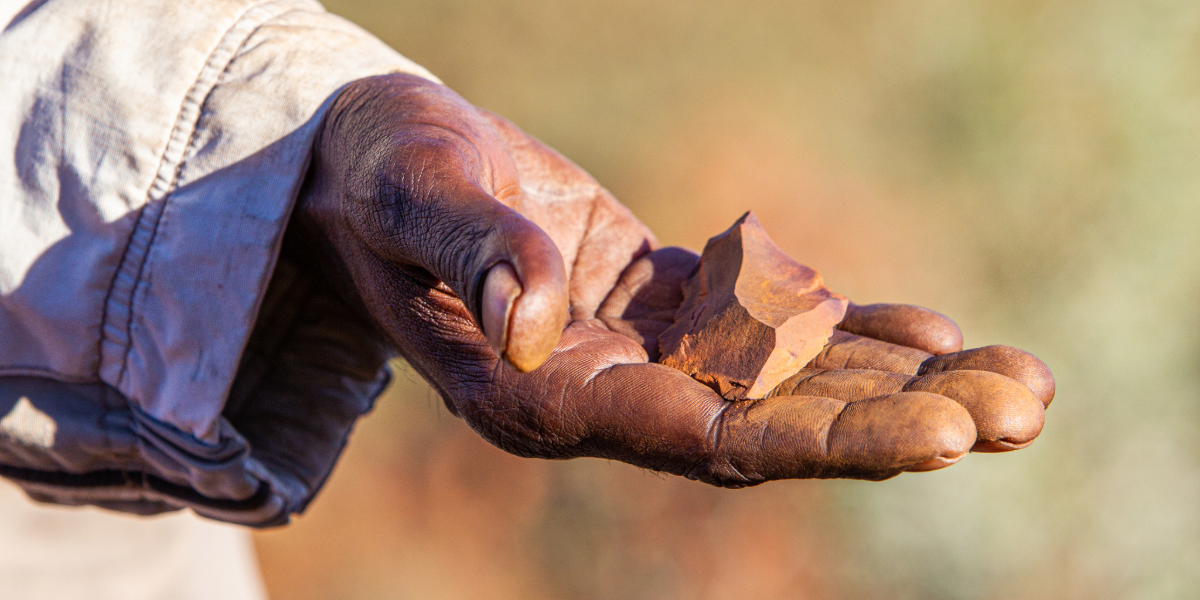Indigenous knowledge systems will be a focus of a revamped set of scientific priorities announced by the federal government.
The new National Science Statement and National Science and Research Priorities replace the current framework, published in 2015, which the government said was “no longer fit for purpose”.
In a first for the policy, Aboriginal and Torres Strait Islander peoples will be prioritised in the sector by incorporating Indigenous knowledge in emerging technologies – particularly digital and data – while protecting their cultural and intellectual property.
Under the framework, research that affects Aboriginal and Torres Strait Islander peoples will be guided by them, whether as community leaders, traditional knowledge holders or researchers.
The policy also calls for research to address the approach to climate change adaptation that supports regional and remote communities.
“It’s been nearly 10 years since the Abbott government handed down the last National Science Priorities which were no longer fit for purpose,” Industry and Science Minister Ed Husic said.
He said the new statement continued the legacy of previous policies by elevating science in Australia.
“The priorities also recognise the breadth of knowledge systems developed over 65,000 years on this continent by First Nations people – and seek to apply that know-how for our economic and social benefit,” he said.
The National Science Priorities have five aims to work towards in the next decade, guiding the government, universities and the private sector.
They are incorporating Indigenous knowledge, transitioning to a net zero future, supporting healthy and thriving communities, protecting and restoring Australia’s environment and building a secure and resilient nation.
The government says the new statement and accompanying priorities will prepare the country to face future pandemics, adapt to changing climates and respond to AI and automation developments.
“Science is at the heart of almost every aspect of our lives, and is especially important as we tackle today’s challenges,” Australia’s chief scientist Dr Cathy Foley said.
She said the priorities were a “great starting point” that would allow the science and research sectors to come together.
Something going on in your part of the region you think people should know about? Send us a news tip or email newsdesk@netimes.com.au.

